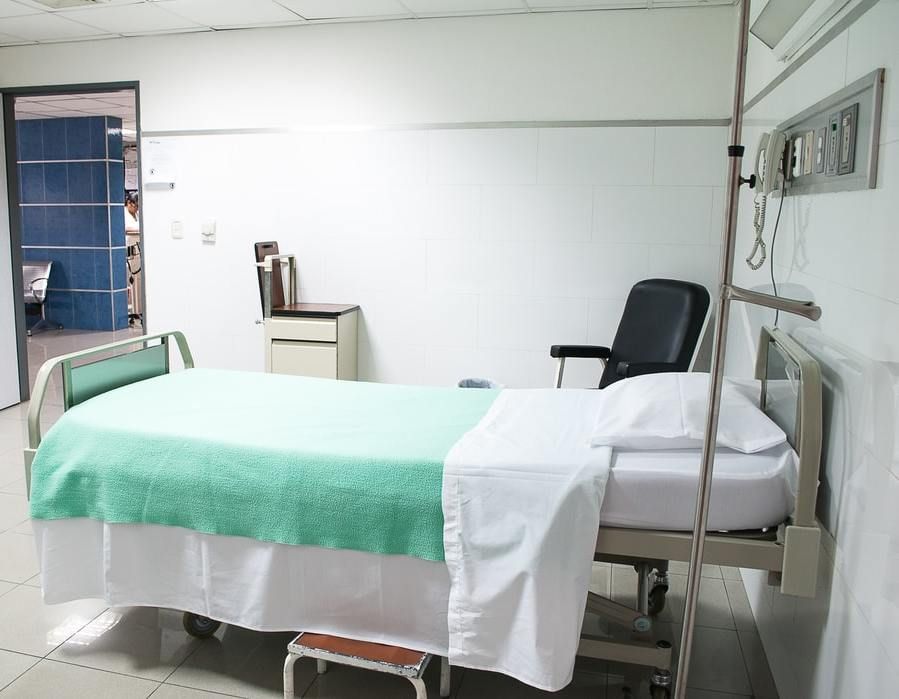Article
New PKR Activator for Sickle Cell Shows Promising Safety, Efficacy Results
Author(s):
In data presented at ASH 2020, FT-4204 shows early potential in being safe, efficacious treatment for sickle cell disease.

Both one-time and multiple dosing of FT-4204, a small molecule allosteric activator of erythrocyte pyruvate kinase (PKR), has shown a favorable safety profile among patients with sickle cell disease, according to a study presented at the American Society of Hematology (ASH) 2020 Annual Meeting.
Additionally, the drug also led patients to achieve a hemoglobin increase from baseline as well as a decrease in both hematologic and hemolytic parameters, among other signs of potential efficacy markers.
A team led by R. Clark Brown, MD, PhD, Department of Pediatrics, Aflac Cancer & Blood Disorders Center of Children’s Healthcare of Atlanta and the Department of Pediatrics, Emory University, are assessing the safety and efficacy of the PK activator in two different dosing cohorts.
Single-Dose Cohort
As of July 2020, the team has enrolled and evaluated patients receiving 700 mg of FT-4204 in a one-time dose. The cohort consisted of 7 patients—5 in the FT-4204 group and 2 in the placebo. Of the total, 5 were male.
In this cohort, 6 transient Grade 1 treatment-emergent adverse events occurred in 4 of the patients across treatment groups. For 2 patients receiving the investigative drug, the reported events were arthralgia, headache, and palpitations.
As for both patients in the placebo group, the events were back pain, myalgia, and pruritis.
Additionally, after 24 hours, FT-4204-treated patients experienced an overall 30% increase in red blood cell ATP concentrations and a 26% decrease in 2,3-DPG concentrations.
Furthermore, the investigators observed an increase in O2 affinity with a decreased point of sickling (PoS) as well as improved HbS red blood cell deformability.
Patients in the drug group also experienced a ~0.9 g/dL Hb increase compared with placebo following 24 hours after administration.
Multiple-Dose Cohort
So far, 3 patients receiving multiple dosings of either 300 mg of FT-4204 or placebo have completed 14 days of treatment. The ongoing phase of this study remains blinded.
Data has indicated that treatment was well-tolerated with only 1 patient reporting transient, unrelated Grade 2 treatment-emergent adverse events of nausea/vomiting at the end of the 14-day dosing period.
In 2 of the 3 patients, hemoglobin increased by >1 g/dL, the percentage of reticulocytes decreased, and markers of hemolysis improved after 14 days—in comparison with baseline levels.
Following 4-7 days post-treatment, hematologic parameters returned to baseline levels with no clinical adverse avents.
Furthermore, functional studies in these 2 patients showed an improvement in red blood cell deformability and red blood cell membrane function relative to baseline or post-treatment levels.
“A single dose of FT-4202 led to decreased 2,3-DPG and increased ATP, resulting in increased O2 affinity, decreased PoS, improved RBC deformability, and improved RBC membrane function,” the investigators concluded.
Initial blinded results of daily dosing with 300 mg FT-4202/placebo over 14 days led to similar results, including improvement in both hematologic and hemolytic parameters. and red blood cell functional studies.
According to Brown and colleagues, the pharmacodynamic consequences of PKR activation may be of clinical benefit in sickle cell disease.
The study is ongoing in its assessment of patients receiving multiple dosings of the investigative drug.
The study, “FT-4202, an Allosteric Activator of Pyruvate Kinase-R, Demonstrates Proof of Mechanism and Proof of Concept after a Single Dose and after Multiple Daily Doses in a Phase 1 Study of Patients with Sickle Cell Disease,” was presented at ASH 2020.





